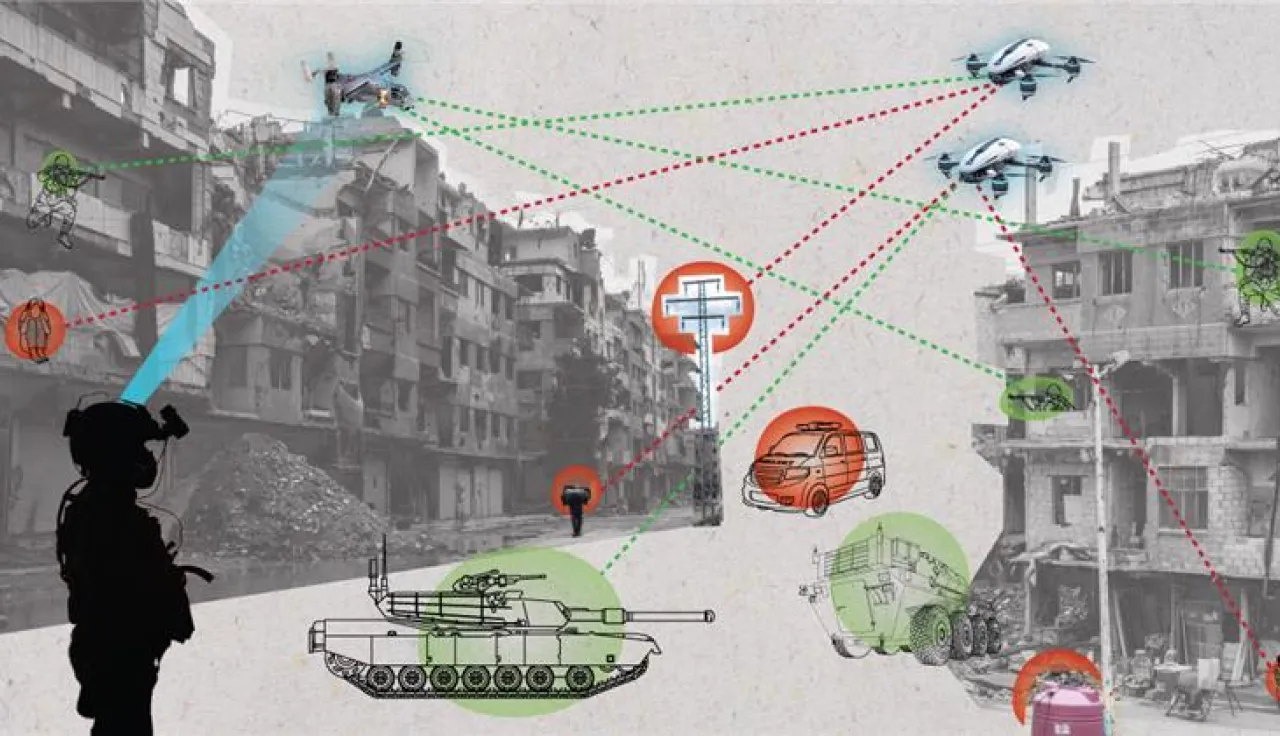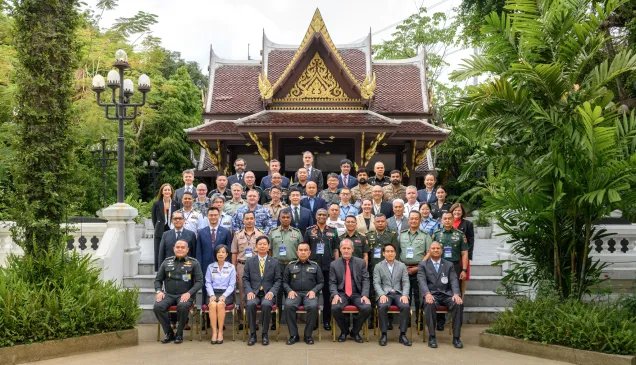Artificial intelligence in the military domain: ICRC submits recommendations to UN Secretary-General

The International Committee of the Red Cross (ICRC) welcomes the opportunity to submit its views for consideration by the United Nations secretary-general, in accordance with resolution 79/239 on “Artificial intelligence in the military domain and its implications for international peace and security”, adopted by the General Assembly on 24 December 2024, which requested the secretary-general to seek views on “the opportunities and challenges posed to international peace and security by the application of artificial intelligence in the military domain”.
The ICRC is a neutral, impartial and independent humanitarian organization. Through the Geneva Conventions of 1949 (Geneva Conventions) and other international legal instruments, the ICRC is mandated by States to protect and assist persons affected by armed conflict. The ICRC also endeavours to prevent suffering by promoting and strengthening (including, where necessary, through contributing to the development of) international humanitarian law (IHL) and universal humanitarian principles.
We make this submission based on our 160 years' experience of humanitarian action, during which we have witnessed the significant humanitarian consequences of armed conflict, whether that be direct or indirect harm to people, objects, communities and societies.
Over the course of our history, the ICRC has played a significant role in the development of many of the IHL rules regulating the use of means and methods of warfare. The ICRC’s work related to the regulation of weapons, means and methods of warfare is always driven by an “effects-based” approach. This means that we assess the actual, or – in the case of new weapons, means or methods not yet used – the foreseeable effects of their use, both on civilians and combatants. We then raise our concerns regarding particular weapons, means and methods of warfare that pose legal or ethical challenges, or present other risks of harm to people affected by armed conflict.
The recommendations that the ICRC makes in this submission are in line with its long-standing mandate and practice of promoting respect for and the development of IHL, including its application to new technologies of warfare. This submission is intended to support States in ensuring that military applications of AI comply with existing legal frameworks and, where necessary, in identifying areas where additional legal, policy or operational measures may be required.



